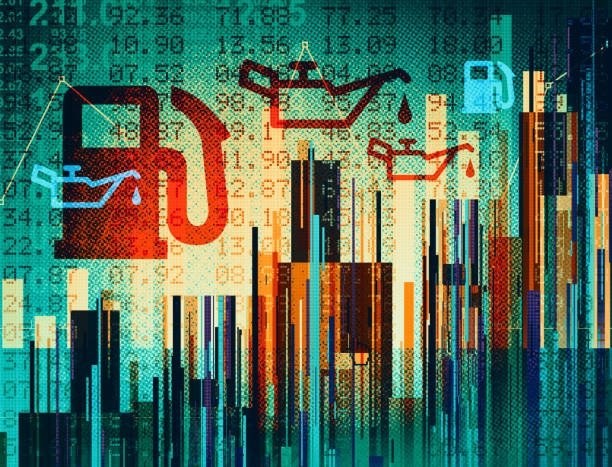Fuel plays a vital role in our modern world. From powering vehicles and airplanes to running factories and heating homes, fuel is essential for nearly every aspect of daily life. The most common types of fuel used today are fossil fuels such as gasoline, diesel, coal, and natural gas. These fuels have supported industrial growth for over a century and have made transportation and global trade possible on a massive scale.
However, the heavy dependence on fossil fuels comes with serious consequences. Burning these fuels releases large amounts of carbon dioxide (CO₂) and other greenhouse gases, contributing to global warming and climate change. In addition to air pollution, oil drilling and transportation can lead to environmental disasters, such as oil spills, which harm marine life and ecosystems. These environmental concerns have sparked global discussions about energy sustainability and the need to reduce fossil fuel consumption.
The cost of fuel is another major issue. Fuel prices are highly sensitive to political events, natural disasters, and economic fluctuations. When prices rise sharply, it affects not only individual drivers but also the cost of goods and services around the world. In response, many countries are trying to stabilize fuel prices through subsidies or by maintaining strategic fuel reserves. Meanwhile, consumers are also adapting by using more fuel-efficient vehicles or choosing public transportation.
In recent years, there has been a growing interest in renewable energy sources. Technologies such as solar, wind, hydroelectric, and biofuels are becoming more affordable and widely used. Electric vehicles (EVs), for example, are becoming a popular alternative to gasoline-powered cars. These alternatives offer a cleaner and more sustainable energy future, although they also require investment in infrastructure, such as charging stations and updated power grids.
Transitioning to a low-carbon future will not be easy, but it is necessary. Governments, businesses, and individuals all have a role to play. Policies that encourage clean energy, research into new technologies, and changes in daily habits can all contribute to reducing our dependence on fossil fuels. The future of fuel lies not in continuing the old ways, but in adapting to new, greener solutions that protect the planet.
In conclusion, fuel has shaped the modern world in countless ways, but its environmental and economic drawbacks cannot be ignored. As we look toward the future, we must find a balance between energy needs and environmental responsibility. Embracing alternative energy sources and reducing our reliance on fossil fuels are essential steps toward a more sustainable world.

